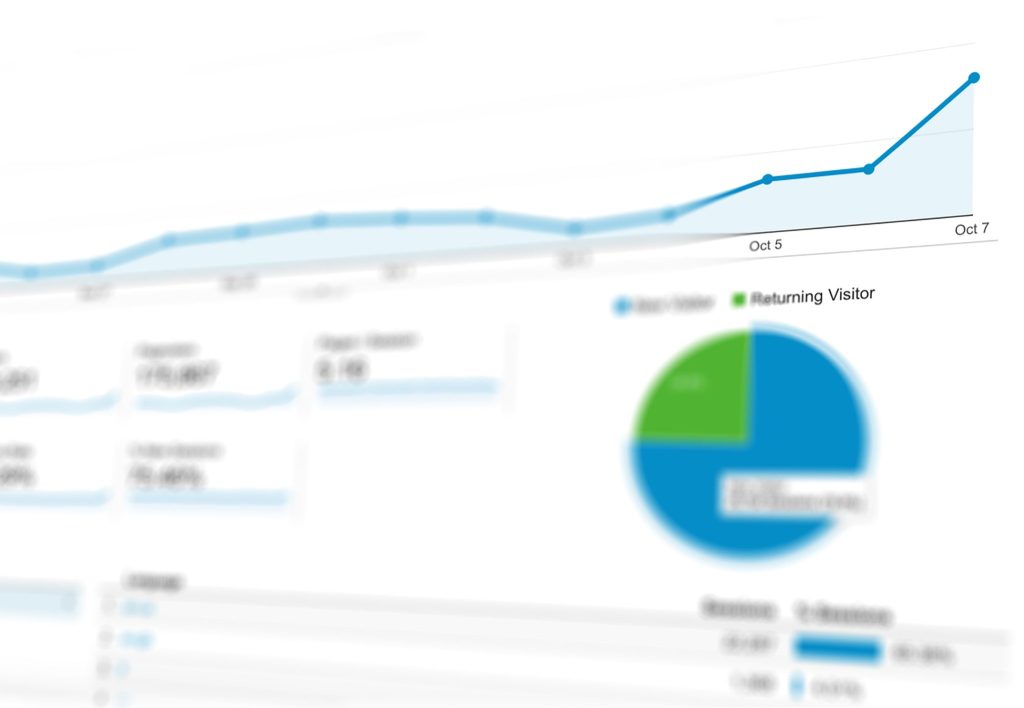When we think of Google and how it can impact our businesses, or our clients’ bottom line, two main areas come to mind: AdWords and SEO. AdWords being Google’s ads that dominate the top spots and represent their cha-ching machine, while SEO is the process of optimising your website and content to increase organic rankings naturally, over time (as you are probably totally aware of).AdWords is hugely popular, first and foremost because it is instant; once set up, your ads (and website) are on Google’s first pages. Secondly, it’s tangible in the sense that you know what you get: for example, £1 for one click, or however many ££s a keyword cost per click (CPC) is. Whereas SEO is more complicated, with the juiciest results often evolving in the later stages of a mid-long term campaign.With this in mind, it’s common for AdWords to be a business’s first step into its Google strategy, not only to determine proof of concept, but also to simply get some results!So let’s fast track. Your AdWords are now working well and there is no doubt that while you pay Google, they are paying you back with leads. SEO should be your next step (also as the lion’s share of search traffic will go to organic links), but how do you use your AdWords campaign to influence your SEO efforts?While your top notch AdWords will not directly affect your organic rankings, it can certainly help provide some insight into some key SEO aspects. I am here to explain how to find and leverage some of them.
/ April 19, 2018
1 Min Read
Google AdWords Metrics to Use for SEO
Simon Ensor









